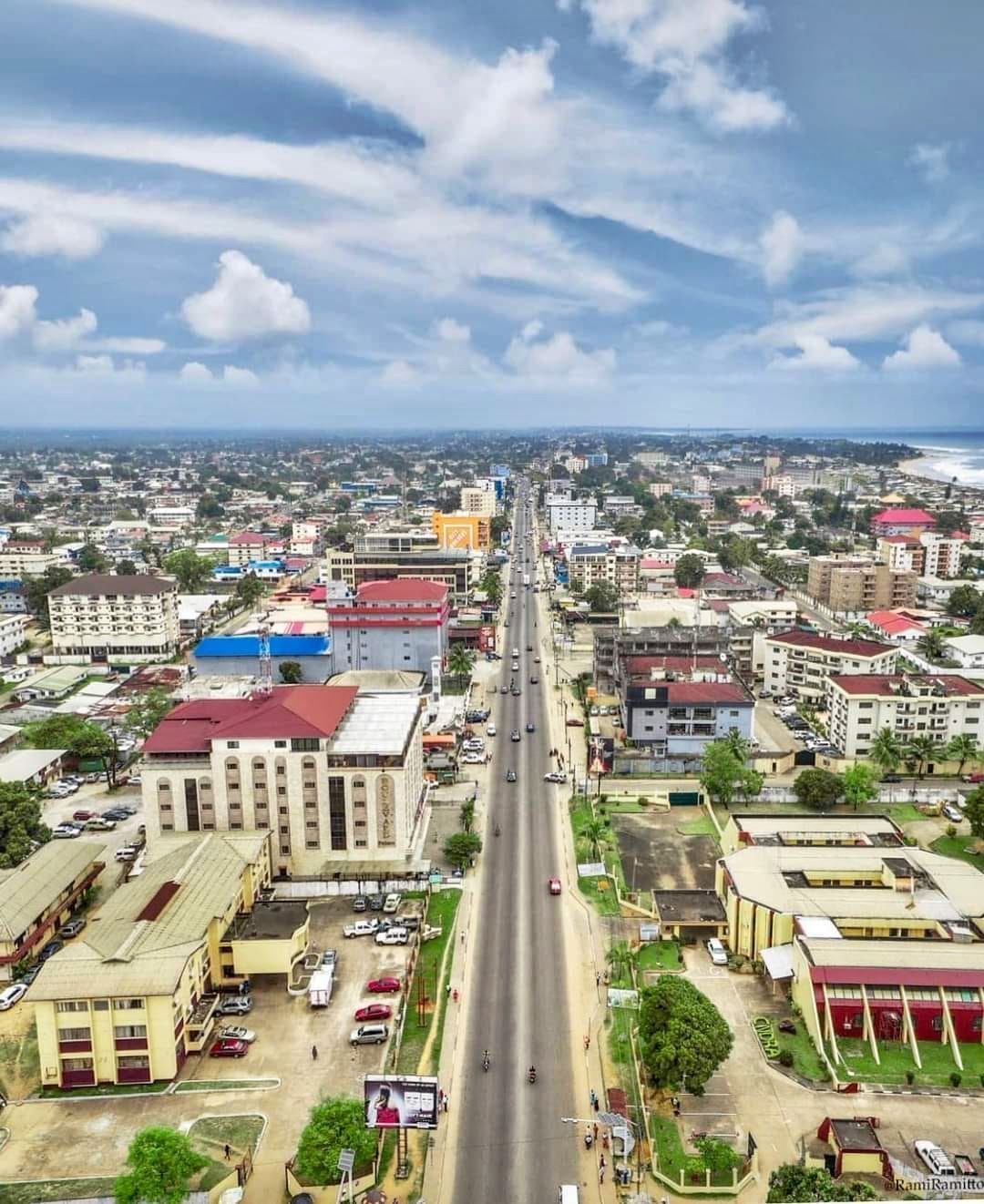
Background
Liberia submitted its initial National Communication (INC, 2013), first Biennial Update Report (BUR1) in 2020, and Second National Communication (SNC) in 2021. The country is in the process of developing the Third National Communication (TNC), the First Biennial Transparency Report (BTR1), and the National Greenhouse Gas Inventory Report (NIR) to meet the reporting required to submit Biennial Transparency Reports (BTR) by the end of 2024. Liberia has compiled GHG inventory for key sectors, e.g., energy, waste, IPPU, and AFOLU. Liberia has developed MRV tools and guidelines to streamline the process of data collection and reporting. Besides, Liberia developed its NDC 2.0 and submitted on August 4, 2021, to the UNFCCC and committed to reducing its economy-wide greenhouse gas emissions by 64% below the projected business-as-usual level by 2030 through a combination of the following: unconditional GHG reductions of 10% below BAU, resulting in an absolute emissions level of 11,187Gg CO2e in 2030; with an additional 54% reduction conditional upon international support, which would result in an absolute emissions level of 4,537Gg CO2e in 2030, in fulfilment of its obligation under the United Nations Climate Change Regulatory Framework (UNFCCC).
Data used to set Liberia’s GHGs emissions reduction for the NDC came as a result of the BUR, INC, SNC, and NAP. However, one major challenge Liberia faced at the time was the estimations done by the international consultant on Liberia’s reference year for business-as-usual GHG emissions by 2030 and the starting point for GHG emissions from 2015. Due to this, Liberia has found it difficult to develop NDC Tracking tools to track its GHG emissions. As you know, many countries are still grappling with NDC implementation, tracking and reporting, and there is no perfect NDC implementation as we speak. In order for Liberia to progress with its ambitious NDC implementation and do make positive changes to achieving its NDC, hands-on training for GHG experts will be required for Liberians to be able to use data from its ongoing GHG inventory under the BTR/TNC process that will be used to set realistic and achievable targets in Liberia’s NDC 3.0. Filling the Information to Facilitate Clarity, Transparency and Understanding (ICTU table) of the Updated Nationally Determined Contribution of Liberia for the Timeframe 2021-2030 was little bit difficult and tricky and this time we intend to get it closer to getting it right if not right this time.
Based on the above, Liberia sought support to enhance its understanding of the BTR requirements. In data collection and archiving system, Institutional arrangements, stakeholder engagement, and tracking of NDC. The training aims to ensure Liberia is able to progressively track its NDC targets and conform to UNFCCC modalities procedures and guidelines for reporting under the ETF, thus supporting informed policymaking and contributing to global efforts in combating climate change.
1.3 Objective
The training aims to provide a general overview of reporting requirements under Article 13 of the Paris Agreement, focusing on key elements identified to fast-track BTR development in Liberia. The training will enhance the capacity of technical experts in Liberia with a focus on NDC tracking as well as key concepts of the ETF and information required under the MPGs for the preparation and submission of Biennial Transparency Reports (BTR). Specifically, the event aims to achieve the following learning objectives:
- To provide participants with an understanding of key components of BTR r BTR development in accordance with the (MPGs).
- Promoting the understanding of provisions related to modalities, procedures, and guidelines (MPGs) for the enhanced transparency framework.
- Tracking the progress of NDCs under the ETF, including mitigation assessment, tracking the progress of implementation and achievement of NDCs through indicators, and support needed and received in relation to tracking the progress of NDCs.
- Institutional arrangements for the preparation of the BTR in Liberia
- Enhance capacity in data collection and archiving system